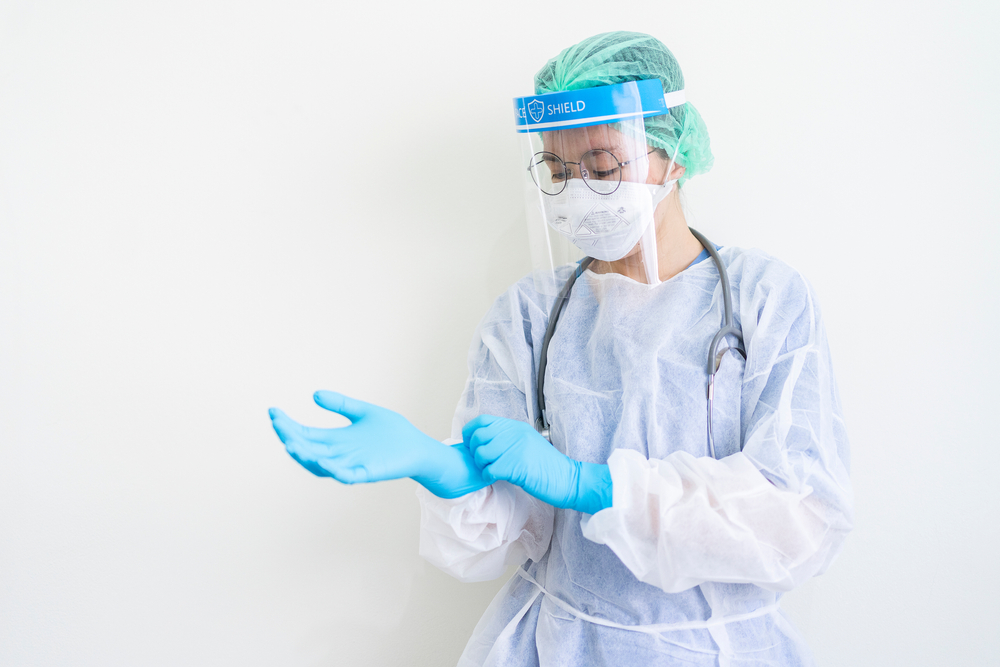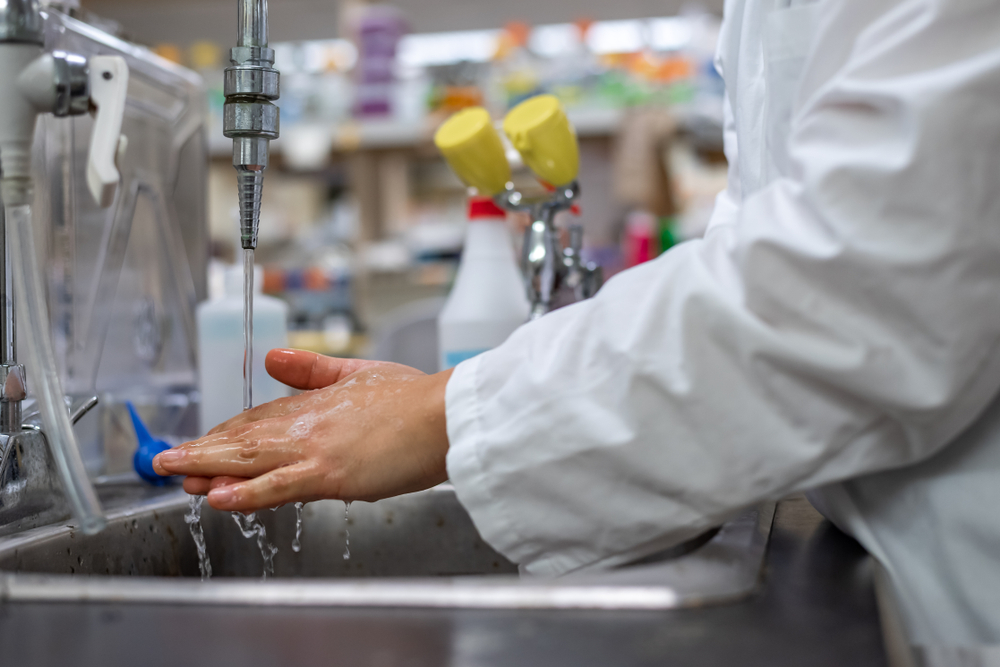COVID-19 is sweeping across the country. As a result, most businesses have been shut down. However, many workers in the scientific community have been deemed “essential.” Therefore, social distancing is not an option for them.
Cryostar Industries has already made a statement on the CDC’s recommendations for basic lab safety. In this post, we’ll break down and discuss a more thorough set of protocol and recommendations regarding COVID-19 and prevention methods.
At Cryostar, the health and safety of our employees, customers, colleagues and the communities we serve is of paramount importance to us. Therefore, we sincerely hope that everyone will read these precautions and guidelines, and apply them to their workplace. With any luck, this will be behind us soon and we’ll be able to return to our normal, daily lives.
Individual Safety Measures
The most important preventative measures begin with you. In order to prevent the further spread of the virus, each one of us must exercise responsibility. At this point, none of us can afford to be lax about our own personal safety. Preventing the further spread of COVID-19 begins with you. And, for labs dealing directly with testing and researching coronaviruses, being hyper aware of lab safety symbols is essential.
Social Distancing
There are certain universal precautions that all of us must take. First, take special care to keep a safe distance from co-workers. Now we know how difficult this might be in a lab setting, as we’re often working side-by-side with our co-workers in small spaces. However, as of right now, that can’t continue. The CDC defines “close contact” as being within six feet of others.
Hand Washing
Even under normal conditions, we all should regularly wash our hands with soap and water for at least 20 seconds. Considering what’s going on now, everyone should wash their hands as frequently as possible with bar or liquid soap. Recent tests have proven that while hand sanitizer will eliminate a certain percentage of germs and bacteria, ultimately soap and water are your most potent and effective weapons against germs, bacteria, viruses, pathogens, etc.
Do your very best to avoid touching your eyes, nose, or mouth. The average person touches their face unconsciously between 2,000-3,000 times per day. This kind of subconscious behavior can often be the primary cause of infection.
Be sure to cover any coughs, sneezes, etc. However, any employees feeling under the weather in any way should not report to work, under any circumstances.
What Your Lab Can Do
Lab administrators can play a major role in preserving employee safety with the application of some stringent new policies. Lab maintenance is more important now than ever. This is especially true for labs dealing directly with the novel coronavirus. Keeping your lab equipment maintained and calibrated should be a top priority for accurate results.
Cleaning Your Lab
As per the CDC, management should place a strong emphasis on infection prevention and hygiene practices. First and foremost, all personnel should be required to regularly clean and disinfect every surface in the lab. Special attention should go to surfaces that most personnel frequently touch: doorknobs, handles, buttons, etc.
Lab Worker PPE
In addition, you should not permit any employee to work without appropriate personal protective equipment (PPE). For many labs, this doesn’t require much of an adjustment. In several biosafety labs, PPE is already a mandatory aspect of daily work. However, every lab should currently enforce a PPE policy. Gloves, face masks and face shields can be a critical tool in preventing the spread of the virus.

Lab Preparedness & Response
Another advisable step in keeping your lab safe is to develop a preparedness and response plan. Essentially, you should consider several factors when developing this plan. Consider where, how and what sources of COVID-19 exposure might impact employees. Consider individual risk factors like age, health, medical conditions or pregnancies, etc.
It could also benefit your lab to prepare for potential future scenarios that might inhibit your productivity. For example, you might experience increased absenteeism, remote employment or possible downsizing. If you begin to develop plans to cope with these situations, it could greatly help your lab in the future.
Stay Safe
Hopefully, with any luck this crisis will be behind us soon. In the meantime, we sincerely hope all of our customers, colleagues and associates are exercising exhaustive safety measures to stay healthy. Cryostar Industries has served the scientific community for decades, and will continue to do so for years to come. Times are tough for all of us now, but if we continue to stay vigilant, we’ll manage to get out of this.

| Call for Immediate Lab Services |
|---|
| Long Island, Nassau & Suffolk County Call: 516-333-4006 |
| The Bronx, Manhattan, Brooklyn, Queens, & Staten Island Call: 718-885-0833 |
| Albany & Southern New York State Call: 800-564-5513 |
| Piscataway, Northern & Central New Jersey Call: 800-564-5513 |
| Danbury Connecticut & Surrounding Areas Call: 203-748-7343 |
24/7 Emergency ServiceCall: 1-800-564-5513 |